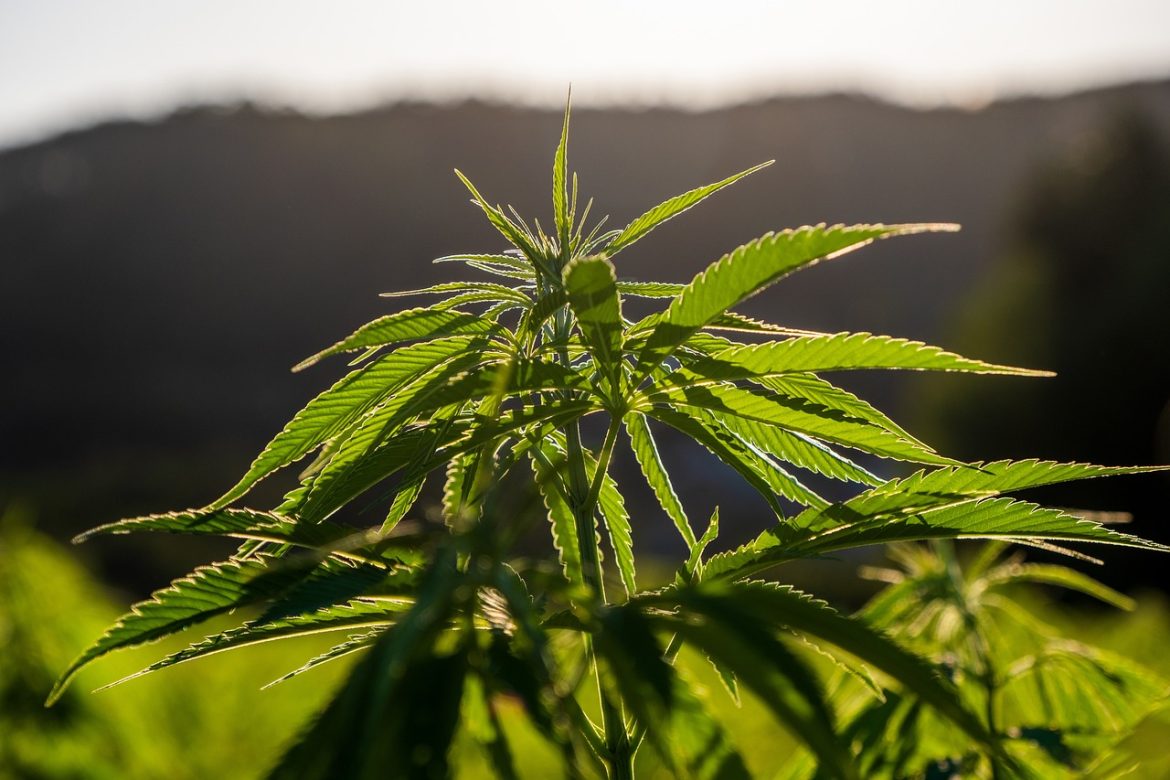California is set to implement significant changes in employee protection regarding off-job cannabis use beginning January 1st, 2024. The newly enacted Assembly Bill (AB) 2188 amends the California Fair Employment and Housing Act (FEHA), offering wider legal protection for workers and potential job candidates.
Key Provisions of the New Law:
- Protection against discrimination based on off-job cannabis use: Employers can no longer fire, discipline, or refuse to hire individuals based solely on their cannabis use outside of work hours.
- Prohibition on discrimination based on THC presence: Testing positive for THC, the psychoactive component of cannabis, will not be grounds for discrimination during the hiring process or within the workplace.
- Accommodation for medical cannabis use: The new law recognizes and protects employees who use cannabis for medical purposes, as long as they can perform their job duties safely and effectively.
- Employer rights to maintain drug-free workplaces: Employers still have the right to declare a drug-free workplace and implement reasonable drug and alcohol policies.
This new legislation represents a major step forward in protecting employee rights and aligning with California’s legal cannabis market. It is expected to:
- Reduce discrimination against cannabis users: By removing a major hurdle to employment, the law will provide fairer opportunities and job security for many Californians.
- Promote workplace inclusivity: The new law encourages diverse workplaces by ensuring that personal cannabis use outside of work hours does not prevent individuals from contributing their skills and talents.
- Increase focus on job performance: Employers will need to shift their focus from off-job activities to on-the-job performance evaluations, fostering a more performance-based work environment.
Despite the new protections, some exceptions and limitations apply:
- Federal employees and federally funded contracts: Workers in these sectors are not protected under state law and remain subject to federal regulations regarding cannabis use.
- Safety-sensitive positions: Employers may still require drug testing for positions where public safety or workplace safety are paramount.
- Reasonable accommodation for medical cannabis use: Employers are required to engage in the interactive process to accommodate the needs of employees using cannabis for medical purposes.
The implementation of AB 2188 marks a significant shift in California’s approach to cannabis and the workplace. As the law takes effect in 2024, employers and workers alike must adapt to the new legal landscape and ensure compliance with the evolving regulations.



